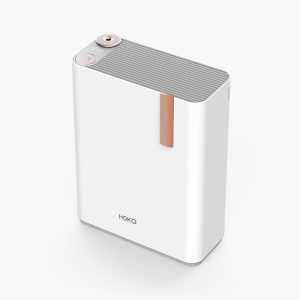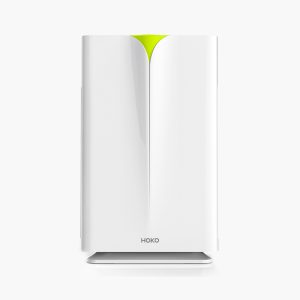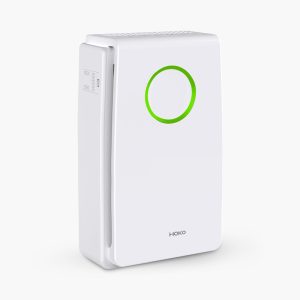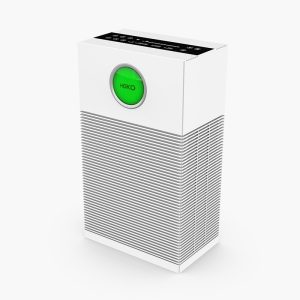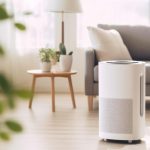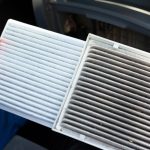Are you tired of constantly sneezing, wheezing, or struggling to breathe in your own home? Then it might be time to consider investing in an air purifier. In this article, we will discuss the numerous benefits of using an air purifier, how they work, and how to choose the right one for your needs. So, let’s dive in and your portable air purifier and start breathing better!
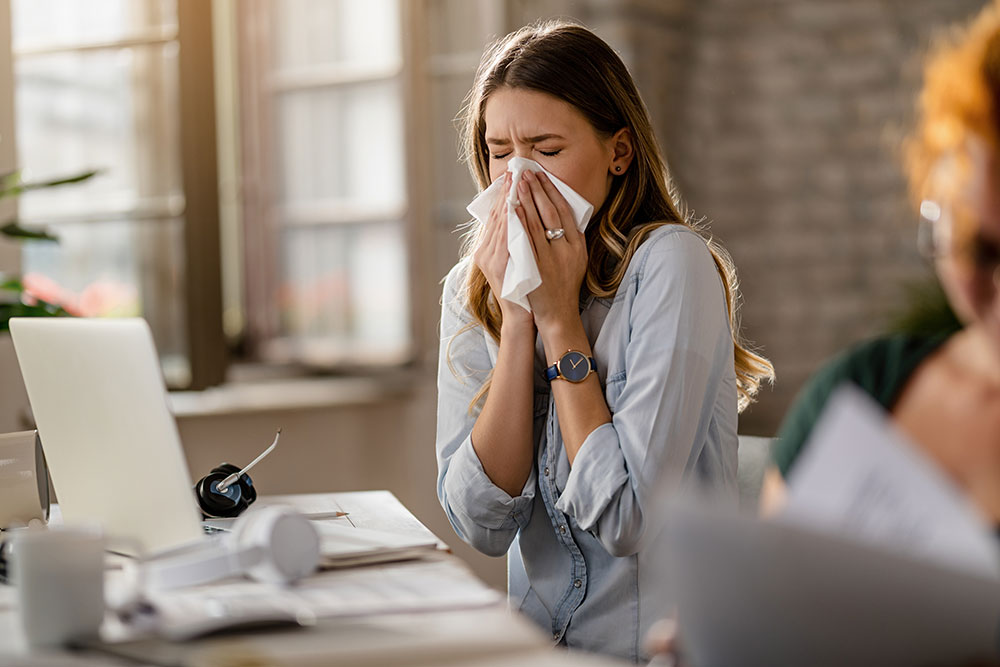
How can a house air purifier help with air pollution? It’s a simple answer, only a small amount. It all depends on the task for which the vacuum cleaner will be in your household and the exact benefits of an air- purification device that meets your needs. Tell me what the portable purifying machine is doing.
What is an Air Purifier?
An air purifier is a device that helps to clean the air in a room or enclosed space by removing pollutants, such as dust, pollen, smoke, pet dander, and other harmful particles. It works by drawing in air and passing it through one or more filters that trap these particles, thereby reducing the amount of indoor air pollution. Air purifier manufacturers make purifiers that can be especially helpful for people who suffer from allergies or respiratory problems, as well as those who live in areas with high levels of outdoor air pollution. There are different types of air purifiers available, including HEPA filters, activated carbon filters, and UV-C light purifiers, among others.
Types of Air Purifiers
There are several types of air purifiers available, each with its own method of filtering and cleaning the air. These air purifier benefits include HEPA filters, activated carbon filters, and ionic filters.
There are several types of air purifiers available on the market. Here are some of the most common types:
- HEPA air purifiers: HEPA stands for High-Efficiency Particulate Air. These air purifiers use a dense filter made of fine mesh to trap airborne particles like dust, pollen, pet dander, and other allergens. HEPA filters can trap particles as small as 0.3 microns, making them highly effective at removing indoor pollutants.
- Activated carbon air purifiers: These air purifiers use activated carbon filters to absorb and neutralize odors, smoke, and other volatile organic compounds (VOCs) in the air. They are particularly useful in removing cigarette smoke and cooking odors.
- UV-C light air purifiers: These air purifiers use ultraviolet (UV) light to kill bacteria, viruses, and other microorganisms in the air. They work by damaging the DNA of these microorganisms, making them unable to reproduce.
- Ionic air purifiers: These air purifiers emit negatively charged ions into the air, which attach to positively charged particles like dust, pollen, and smoke. This causes the particles to clump together and fall to the ground, making them easier to clean.
- Ozone generators: These air purifiers produce ozone, a molecule that can react with and neutralize airborne pollutants. However, ozone can also be harmful to humans in high concentrations, so ozone generators are not recommended for home use.
- Electrostatic air purifiers: These air purifiers use an electrostatic charge to attract and trap particles like dust, pollen, and pet dander. They are similar to ionic air purifiers but use a physical filter to capture the particles instead of relying on them to fall to the ground.
Reasons to Use an Air Purifier
Using an air purifier provides numerous benefits for individuals seeking to improve their overall health and well-being. These devices work to cleanse indoor air of various pollutants, allergens, and irritants such as dust, pollen, pet dander, mold spores, and smoke particles. As a result, manufacturers of air purifiers can significantly reduce allergy symptoms, promote better respiratory health, and even alleviate asthma triggers.
Additionally, they help to neutralize unpleasant odors and protect against airborne viruses and bacteria. By investing in an air purifier, you can create a cleaner, fresher, and healthier living environment, leading to enhanced comfort and peace of mind. Air purifier manufacturers offer numerous benefits, which we will discuss in detail below. Some of the main reasons people choose to use air purifiers include:
Allergen Reduction
Air purifiers can reduce allergens like dust, pollen, pet dander, and mold spores. This can help alleviate symptoms for allergy sufferers and improve overall indoor air quality.
Asthma Relief
By removing triggers like dust mites, mold, and pet dander, air purifiers can help reduce asthma symptoms and improve overall respiratory health.
Odour Elimination
Air purifiers can also remove unpleasant odours, such as those caused by cooking, pets, or smoke, leaving your home smelling fresh and clean.
Smoke Removal
Air purifiers are particularly effective at removing harmful particles from smoke, such as cigarette smoke or smoke from wildfires.
How Air Purifiers Work
Air purifiers function by utilizing advanced filtration systems to clean and purify the indoor air we breathe. Typically, these devices draw air into the unit and pass it through a series of filters designed to capture particles of varying sizes. The most common type of filter used is the High-Efficiency Particulate Air (HEPA) filter, which is capable of trapping 99.97% of particles as small as 0.3 microns.
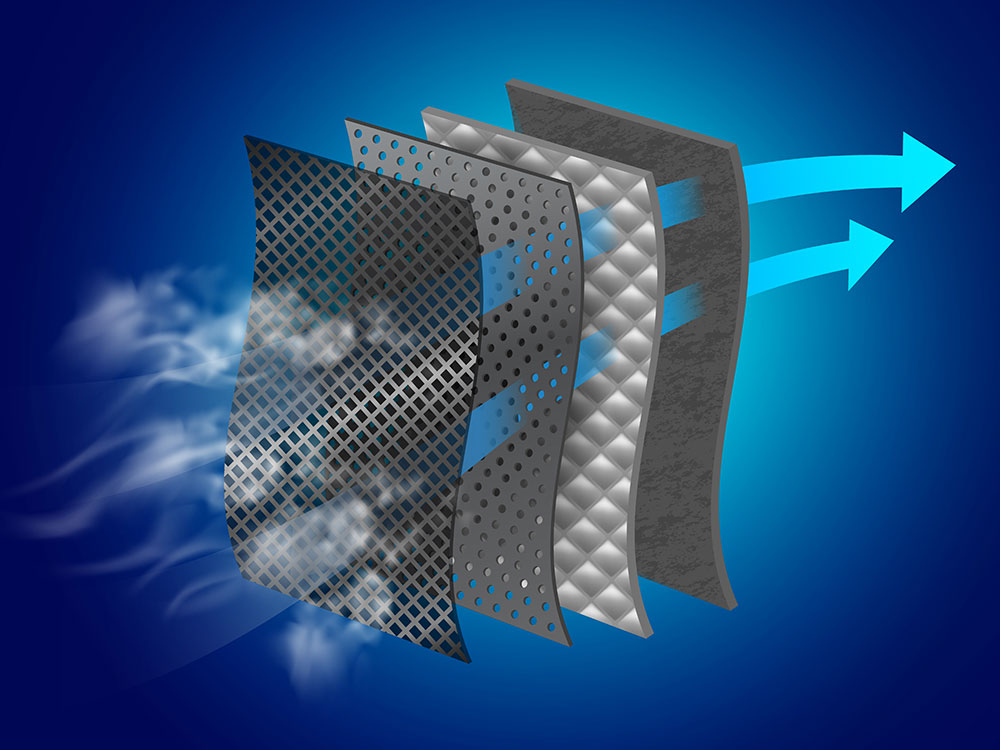
Some air purifiers also employ activated carbon filters to remove odors and volatile organic compounds (VOCs), while others use UV-C light or ionizers to neutralize bacteria, viruses, and other harmful microorganisms. Once the air has been filtered, the purified air is then circulated back into the room, contributing to a healthier and more comfortable living environment. Air purifiers use various methods to clean the air, depending on the type of filter used. Some of the most common air conditioning and filters include:
HEPA Filters
High-efficiency particulate air (HEPA) filters can trap particles as small as 0.3 micrometers, effectively removing allergens, other dust particles, and mold from the air.
Activated Carbon Filters
Activated carbon filters use a porous material to trap odours and chemicals, such as volatile organic compounds (VOCs), making them ideal for removing smells from your home.
Ionic Filters
Ionic air purifiers release charged ions into the air, which attach to pollutants and cause them to fall to the ground or stick to surfaces, removing them from the air you breathe.
Benefits of Air Purifiers
Using an air purifier can lead to a number of health benefits, including:
Improved Respiratory Health
By removing pollutants and allergens from the air, air purifiers can help you breathe easier and reduce the risk of respiratory problems.
Reduced Allergy Symptoms
Air purifiers can help alleviate allergy symptoms by removing allergens like pollen, dust, and pet dander from the air.
Better Sleep Quality
Cleaner air can lead to better sleep and improve indoor air quality, as allergens and pollutants can cause congestion and other breathing issues that disrupt sleep.
Lower Risk of Illness
Air purifiers can remove airborne bacteria and viruses, reducing the risk of illness and improving overall health.

Choosing the Right Air Purifier
Choosing the right air purifier can be crucial for effectively addressing your specific needs and maintaining a healthy indoor environment. When selecting an air purifier, consider factors such as room size, filter type, and specific concerns or sensitivities you may have. Opt for a unit with a Clean Air Delivery Rate (CADR) suitable for the size of the room it will be placed in, as this ensures efficient air filtration. Prioritize devices with HEPA filters for the best results in capturing fine particles and allergens.
Additionally, consider air purifiers with activated carbon filters for odor control or UV-C light technology for enhanced germ-killing capabilities. It’s essential to weigh features such as noise level, energy consumption, filter replacement frequency, and ease of maintenance when making your decision.
By evaluating your unique requirements and preferences, you can select the ideal air purifier to promote a cleaner, fresher, and healthier living space. When selecting an efficient air purifier, consider the following factors:
Size and Coverage
Choose an air purifier that is appropriately sized for the room where it will be used. Check the manufacturer’s quality air purifier’s specifications to ensure the device can cover the square footage of your space.
Filter Type
Consider your specific needs when selecting a filter type. For example, if you are primarily concerned with allergens, a HEPA filter may be the best choice.
Noise Level
Air purifiers can generate noise while operating. If noise is a concern, look for models with the quiet operation or multiple fan speed settings.
Energy Efficiency
To reduce energy consumption, consider choosing an air purifier with an Energy Star rating or a model that features energy-saving settings.
Maintaining Your Air Purifier
Maintaining your air purifier is essential to ensure that it functions efficiently and effectively. Firstly, you should replace the filters regularly, as they are responsible for removing contaminants from the and not all air purifiers. Additionally, it is important to clean the exterior of the unit periodically to remove dust and debris that may have accumulated. Be sure to follow the manufacturer’s instructions for cleaning and replacement of filters.
Furthermore, keeping your air purifier in a well-ventilated area can prevent the buildup of moisture, which can lead to mold growth. By maintaining your air purifier properly, you can improve the quality of the air in your home or office, promoting better health and well-being for yourself and others around you. Regular maintenance is essential for optimal performance. Replace filters as recommended by the manufacturer, and clean or vacuum pre-filters as needed.
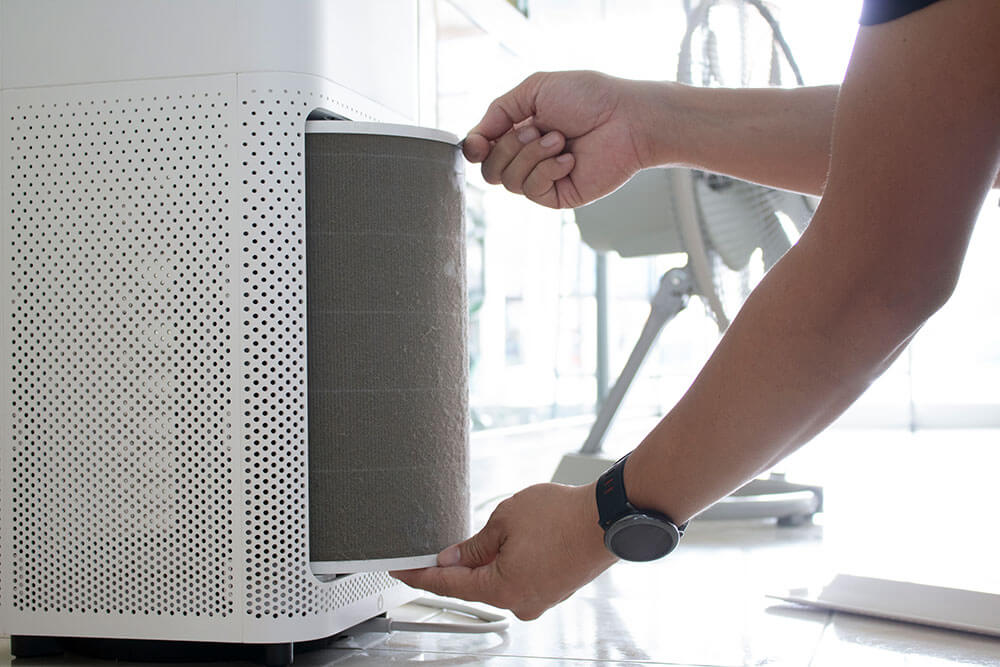
Conclusion
Air purifiers offer numerous benefits, including improved respiratory health, reduced allergy symptoms, better sleep in poor air quality, and a lower risk of illness. By understanding how air purifiers work and selecting the right model for your needs, you can start enjoying cleaner, healthier air in your home.
Breathe easier with HOKO’s top-quality air purifiers. If you’re concerned about the air quality in your home or office, you’re not alone. Indoor air pollution can be a significant health hazard, causing a range of respiratory and other health problems. But with HOKO’s top-quality air purifiers, you can breathe easier and enjoy cleaner, fresher air.
FAQs
Do air purifiers help with pet allergies?
Yes, air purifiers can help indoor air pollutants reduce pet allergens like pet dander and hair, providing relief for individuals with pet allergies.
How often should I change the filter on my air purifier?
The frequency of filter replacement depends on the specific model and usage. Always follow the manufacturer’s recommendations for filter replacement.
Can air purifiers remove mold spores?
Yes, air purifiers with HEPA filters can effectively remove mold spores from the air.
Do air purifiers use a lot of electricity?
Some air purifiers are more energy-efficient than others. Look for models with an Energy Star rating or energy-saving settings to minimize electricity usage.
Can an air purifier remove secondhand smoke?
Yes, air purifiers with HEPA and activated carbon filters can effectively remove particles and odors associated with secondhand smoke.
